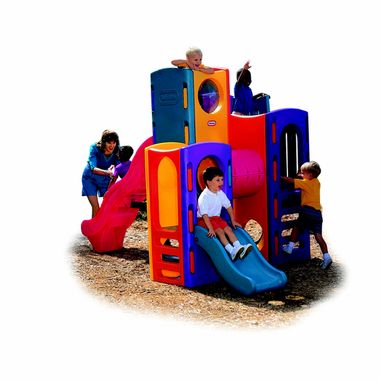The Minister for Children and Youth Affairs, Dr. Katherine Zappone, has announced that €4m is being provided to improve childcare services.
.
Minister Zappone says the funding will help put the infrastructure in place to support ambitious plans to turn Ireland’s childcare system from one of the most expensive in the world to the best.
The 2017 Early Years Capital Funding programme is to be made available to childcare centres, crèches and other early year services under three strands:
.
· Strand 1: Additional childcare places (€3 million)
· Strand 2: Building improvements and maintenance (€500,000)
· Strand 3: Natural outdoor play areas (€500,000)
.
Minister Zappone said;
“As Minister I am determined that we will deliver quality, affordable, accessible childcare.
Our goals are ambitious. We must lift the cost barrier which is preventing too many families from accessing services.
Today (Monday 20th March 2017) we take another step to putting the infrastructure in place to support our plans by providing €4m in capital funding – which will build on similar funding provided last year.
I encourage providers to use this scheme to increase both the quantity and quality of childcare places.
This funding is in addition to €3m we announced earlier this month to improve childcare services for children of school-going age.
.
As this money is being made available I am also progressing the legislation which will underpin the radical new approach to subsidising childcare outlined as part of Budget 2017.
In the coming months we will continue progressing our plans with a view to ensuring that families will start benefiting in the Autumn.”
NOTE
.
Over 1,000 services received capital funding under the 2016 capital scheme enabling all qualifying applications to be fully funded. All of this funding has been fully utilised and as a result a significant number of new childcare places have become available to children entering the ECCE (free pre-school) programme from January 2017. The 2017 Capital programme will build on the success of last years programme and increase both the quantity and the quality of childcare places.”
.
Strand 1 will accommodate applications from childcare providers who wish to create additional childcare places for children in the 0-5 age range. The maximum grant available under this strand is €50,000 and is intended to allow for the full cost of a minor expansion project or the purchase of a temporary structure.
.
Strand 2 will provide grants of up to a maximum of €20,000 for building improvements and maintenance and is exclusively for community (not for profit) early years services. These grants are being provided to ensure that community services continue to be fit for purpose and are energy efficient. Grants under this strand will be provided for essential repairs to the existing building and facilities, replacement of the building’s fixtures and fittings, works highlighted as a direct result of an inspection by TUSLA or other competent authorities, and for works to remove internal divides or rearrange internal spaces to improve efficiency.
.
Strand 3 provides funding for natural outdoor play areas, to create opportunities for children to play outdoors, in a way which promotes physical development, provides health benefits and facilitates children to learn about risk and challenges in a natural and safe environment. This initiative is targeted at smaller services that have not previously availed of such funding. Under early years regulations, services are required to provide outdoor space for children, and this measure seeks to improve the quality of these. Services can apply for grants of up to a maximum of €5,000.
Pobal will be responsible for administering the programme on behalf of the Department. Further details and information on how to make an application for funding will be available shortly on the Pobal website www.pobal.ie. –



